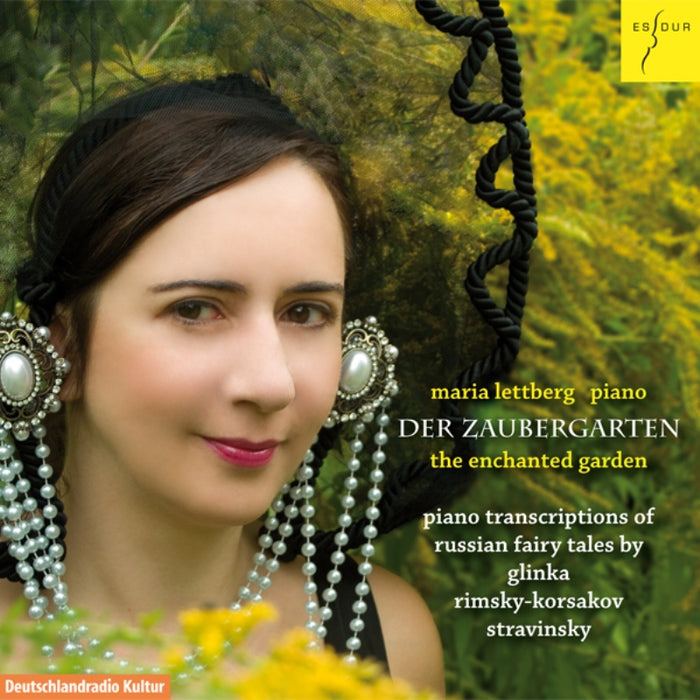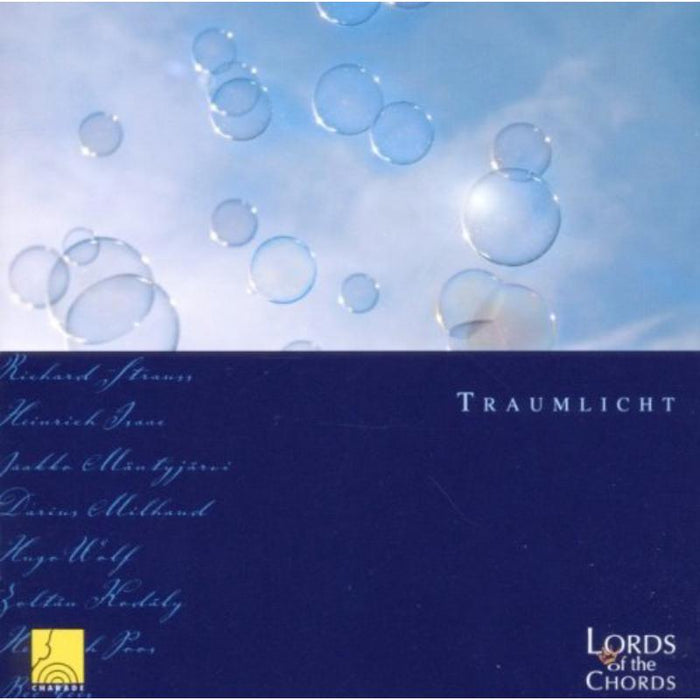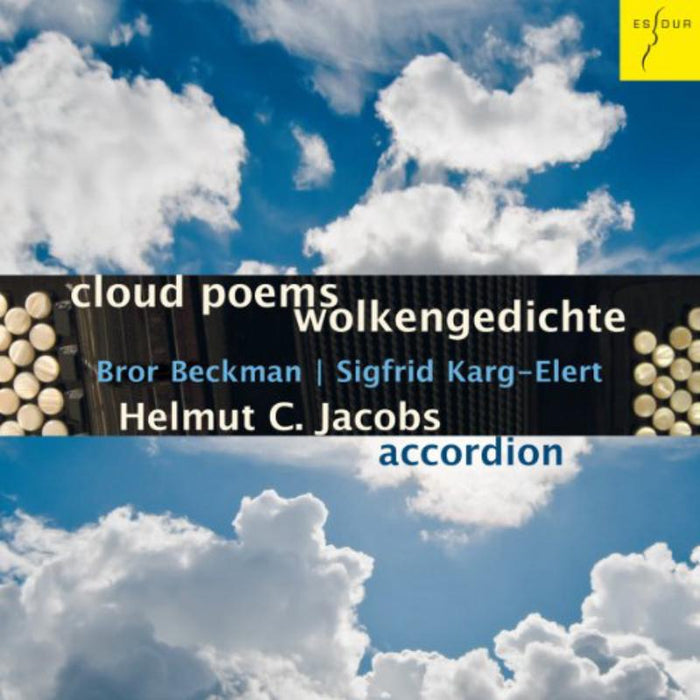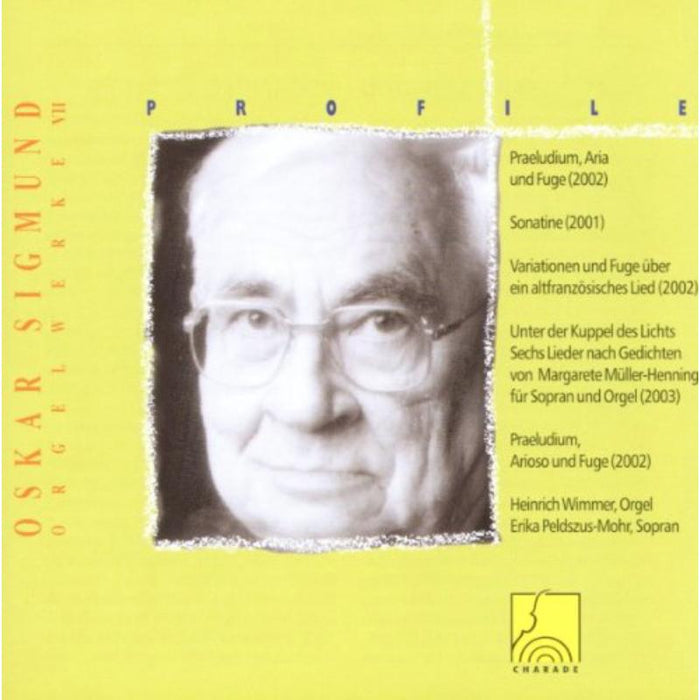Description
The CD The Art of the Duo, which focuses on the collective work of Tatjana and David Geringas from the very beginning, is a compilation of authentic testimonies to the history of music of the 20th century. It presents a selection of outstanding duo recordings that pays particular attention to those composers who enjoyed a special, personal relationship with Tatjana and David Geringas.
The pianist Tatjana Geringas celebrated her 75th birthday in 2020. At an early age, she played in a duo with David Geringas, whom she met during her studies at the Moscow Conservatory – first in front of his teacher Mstislav Rostropovich, soon thereafter in front of large audiences throughout the Soviet Union, and then, after the two emigrated together, in the great halls of the world. Artists who heard her – Rostropovich, Pierre Fournier, Isaak Stern, and Leonard Rose – were entranced by the power, precision, and sensitivity that characterizes her playing. She has the courage to explore new languages of music, but at the same time she has a keen sense of the styles of the past. Composers like Krzysztof Meyer, Viktor Suslin, Erkki-Sven Tüür, and Anatolijus Šenderovas have dedicated works to Tatjana Geringas. Many recordings made as a duo with her husband David Geringas have been awarded prizes.
Shostakovich wrote to his personal secretary Isaak Glikman on May 12, 1972: "... yesterday Maxim performed my 15th symphony (at the 'Moscow Stars' Festival). The cellist David Geringas played my 1st Cello Concerto very well in place of Rostropovich, who had fallen ill." Previously, David Geringas had won the All-Union Competition (1969) and the International Tchaikovsky Competition (1970) in Moscow with the aforementioned cello concerto. At the latter, Shostakovich sat in the audience and stamped his feet with enthusiasm. Rostropovich, who was then Geringas' teacher, praised the cellist as "the best player of Shostakovich,"; it was he who had recommended David Geringas to the composer. Shostakovich himself dedicated his two cello concertos to Rostropovich, his former pupil.
On the present recording, we hear Shostakovich's Sonata for Violoncello and Piano, Op. 40, composed in 1934. The composition is characterized by the doctrine of "Socialist realism" and is already oriented towards classical gesture and formal relations, and towards general comprehensibility. Compared to the composer's earlier works, the sonata is predominantly gentle in melody and harmony.
In the Soviet Union, Mstislav Rostropovich was often in conflict with the Socialist authorities. After the writer Aleksandr Solzhenitsyn was banned from publication, his sustenance means were so limited that Rostropovich wrote a letter of complaint to four newspaper editorial offices protesting the publication ban and then hired Solzhenitsyn as a gardener at his dacha. This "act of resistance" brought the famous cellist a performance and travel ban. His name disappeared from public view, and David Geringas was no longer allowed to mention his teacher in interviews. In protest, Geringas often played Rostapovich's Humoresque op. 5, featured here on The Art of the Duo, on his tours of Russia.
Alfred Schnittke's Sonata for Violoncello and Piano No. 1 also bears a special meaning for Tatjana and David Geringas: "Schnittke's music is a part of our lives." Thus the artist couple hardly played any major recital without a piece by Alfred Schnittke on the program; their relationship with the composer was exceptional and trusting. The only people he authorized to play the Epilogue from Peer Gynt in concert were Tatjana and David Geringas. David Geringas gave the first performance of the Cello Sonata No. 1, performed here on this album, in more than 20 countries.
A veritable discovery is the Sonata for Cello and Piano, Op. 17, by Erwin Schulhoff, which is also featured here. Schulhoff, a self-confessed Communist of German-Jewish descent, composed mainly new music and jazz. In 1941 he was incarcerated in the Wülzburg prison camp in Bavaria, and his music was branded "degenerate." He died in the camp in 1942, and his work fell into oblivion after the National Socialist era. Schulhoff's manuscript of the Sonata for Cello and Piano, Op. 17, lay unnoticed for a long time in the archives of the Museum of Czech Music in Prague. It was not until 1993 that David and Tatjana Geringas were the first to record the work, which had already been composed in 1914 after they had rediscovered it as a concert piece in the same year.










